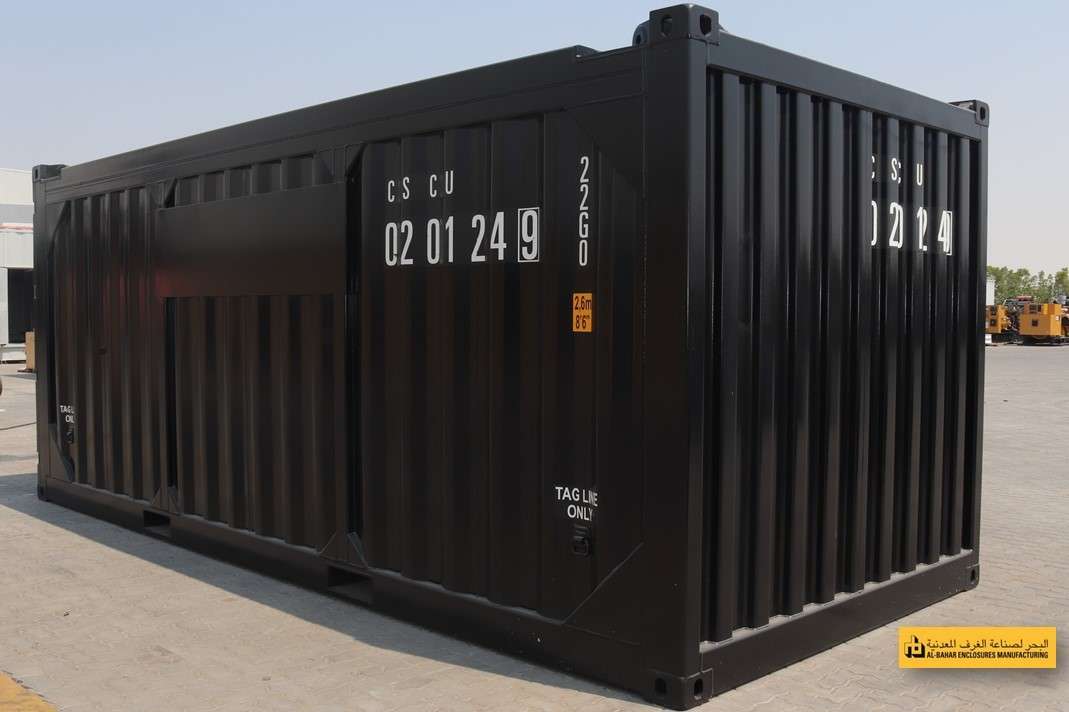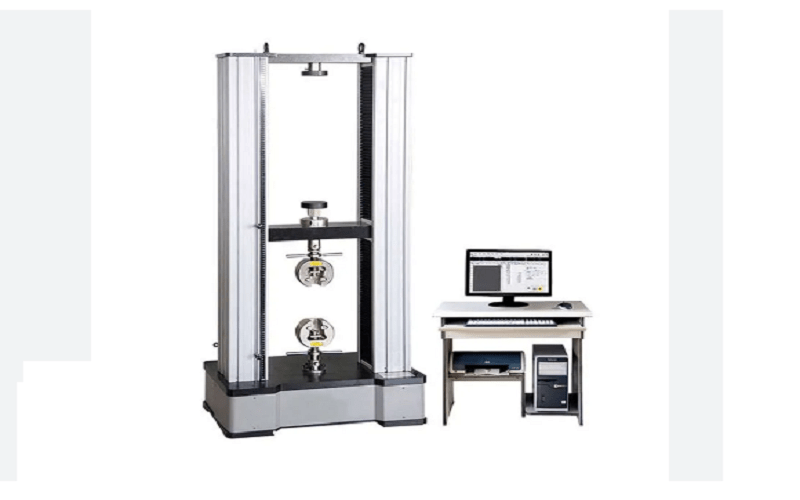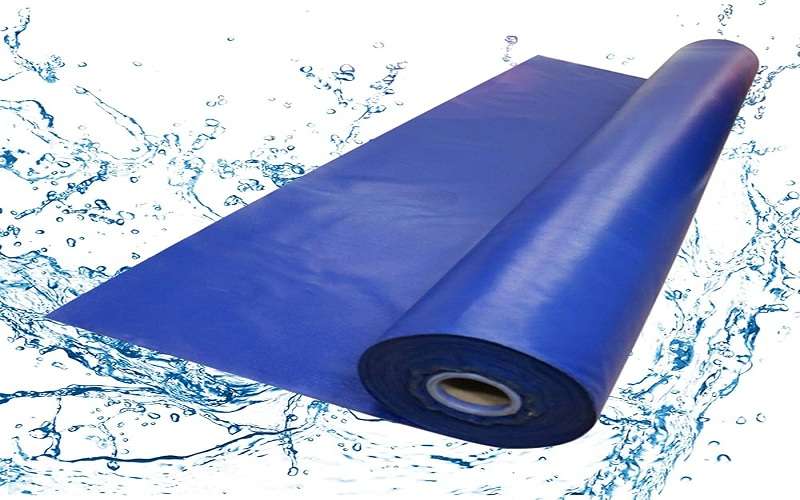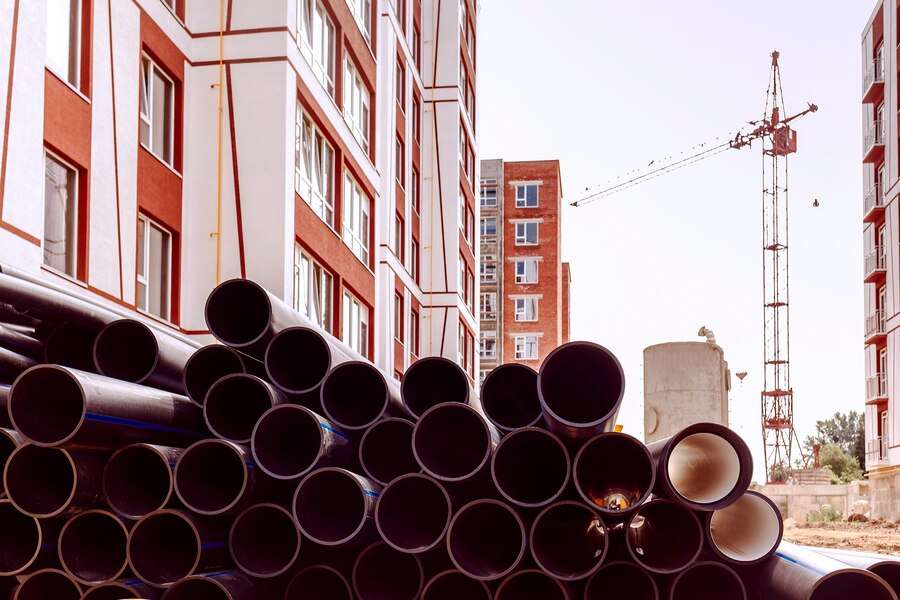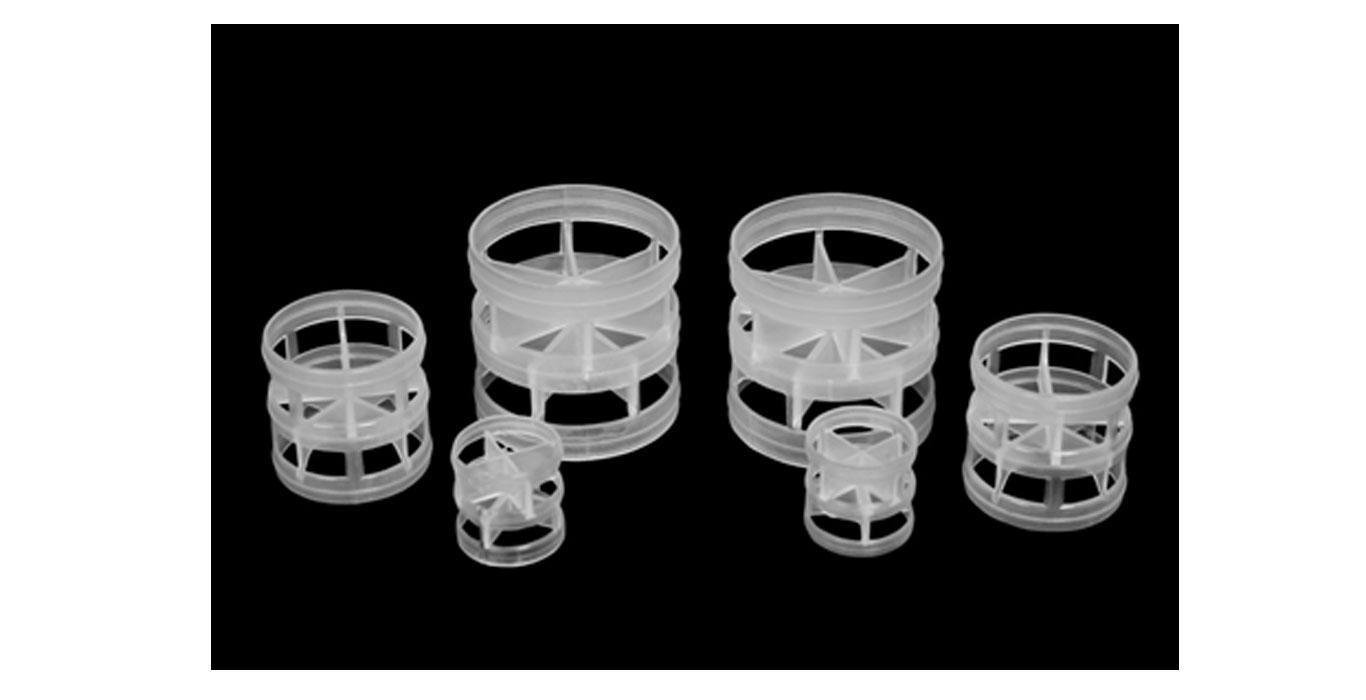In today’s globalized world, the efficient and safe transportation of goods and equipment is crucial for various industries. One of the key components that enable this seamless movement of cargo is DNV containers. These containers, certified by DNV (Det Norske Veritas), have become an indispensable part of numerous industries due to their versatility, durability, and adherence to stringent safety standards. In this article, we will explore the significance of DNV containers and their role in different sectors.
DNV Containers: An Overview
DNV containers, often referred to as DNV 2.7-1 containers, are standardized shipping containers that meet the rigorous safety and quality standards set by DNV, a global classification society based in Norway. DNV is renowned for its expertise in maritime and offshore industries, and its certification carries immense credibility. DNV containers are designed and manufactured to withstand the harshest conditions, making them suitable for various applications, including offshore oil and gas, renewable energy, construction, and more.
Versatility in Offshore Industries
One of the primary sectors where DNV containers play a pivotal role is offshore industries. Whether it’s offshore drilling rigs, production platforms, or subsea installations, these industries heavily rely on DNV containers to transport equipment, tools, and supplies to remote and challenging offshore locations. The certification ensures that these containers can withstand extreme weather conditions, corrosive environments, and rough handling during transport, ensuring the safety of both personnel and cargo.
Furthermore, DNV containers are designed to be stackable, which maximizes storage space on offshore facilities where real estate is at a premium. This space-saving feature allows for efficient organization and storage of essential items, reducing downtime and improving overall productivity.
Safety in Hazardous Environments
Safety is paramount in industries like oil and gas, where operations often occur in hazardous environments. DNV containers are constructed with robust materials and engineering to prevent leaks, fires, and explosions, making them ideal for transporting dangerous goods and chemicals. Their compliance with DNV’s stringent standards ensures that they can withstand the unique challenges posed by offshore and industrial settings.
Additionally, these containers are equipped with features like secure locking mechanisms and pressure relief valves to enhance safety during transportation and storage. Their design also includes features such as anti-slip floors and adequate ventilation to minimize accidents and injuries in hazardous areas.
Renewable Energy and DNV Containers
The renewable energy sector, encompassing wind and solar farms, has witnessed rapid growth in recent years. DNV containers have found a place in this industry as well. They are used for the transportation and storage of critical components such as wind turbine parts, solar panels, and batteries. The containers’ robust construction ensures that sensitive equipment remains undamaged during transit, reducing maintenance costs and project delays.
Moreover, DNV containers are often employed to house power generation equipment in remote areas, where traditional infrastructure may be lacking. These containers can be modified to accommodate generators, control rooms, and energy storage systems, providing a turnkey solution for off-grid renewable energy projects.
Construction and Onshore Applications
DNV containers are not limited to offshore and remote settings; they also play a significant role in onshore construction projects. Construction companies use DNV containers to transport construction equipment, tools, and materials to construction sites, ensuring that everything arrives intact and ready for use.
Furthermore, DNV containers can be customized and modified to serve as temporary offices, workshops, or storage units on construction sites. This versatility allows for streamlined project management and improved efficiency in the construction industry.
Conclusion
DNV containers have emerged as indispensable assets in various industries due to their durability, safety features, and adaptability. They play a crucial role in offshore industries, ensuring the safe transport of equipment and materials to remote and hazardous locations. Their contribution to the renewable energy sector helps accelerate the adoption of clean energy sources. Additionally, their versatility benefits the construction industry by simplifying logistics and providing on-site solutions.
As industries continue to evolve and face new challenges, DNV containers are likely to adapt and find new applications. Their compliance with stringent standards and their proven track record in demanding environments make them a trusted choice for businesses worldwide. In an era where efficiency, safety, and sustainability are paramount, DNV containers are a testament to innovation and engineering excellence in the world of logistics and transportation.






